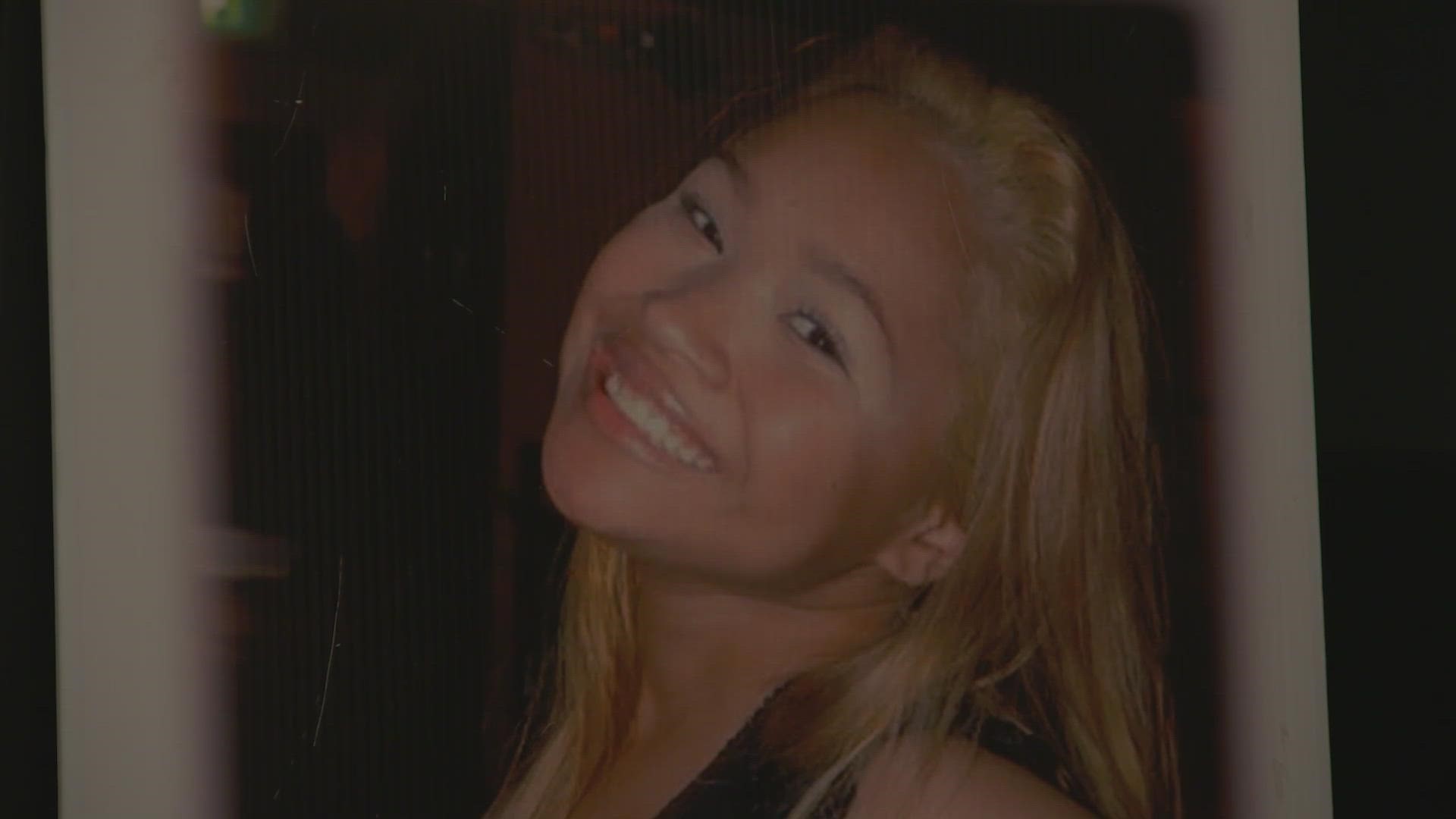KENT, Wash. — Tina Russell is a woman haunted. Broken under the weight of a question that has cursed her family for 14 years: what happened to her niece Alyssa McLemore?
“Do you know what it's like every day to walk around with a broken heart?” said Russell. “Every day I have to get up and pretend I'm happy.”
In April 2009, McLemore, an Indigenous woman affiliated with the Aleut tribe of Alaska, was raising a toddler and living with her family in Kent.
“Once her mom got sick and she had a baby, it made her grow up," Russell said. "And she was just a loving person."
As she grew up, the 21-year-old became a dancer, active in the nightlife scene. She had been picked up by police in the past.
But Russell said McLemore was always there when you needed her. So when McLemore got a call on the night of April 9, 2009 that her mother was dying, she told her family she was on her way home.
“She would always come home,” said Russell. “And she didn't come.”

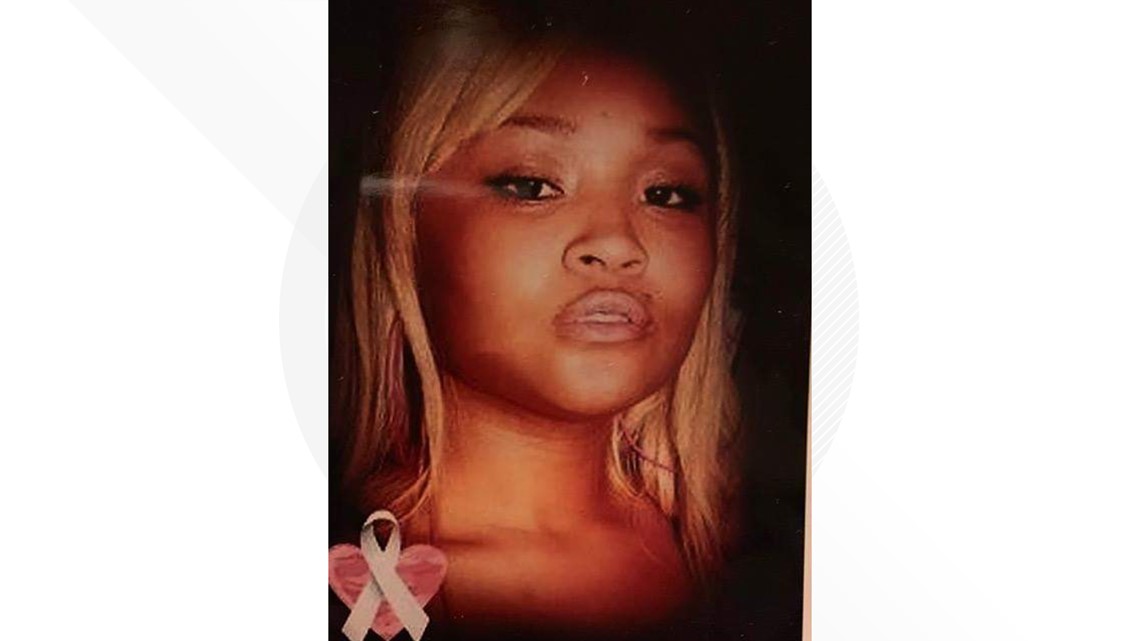
'I’ll hurt you': 911 call interrupted
To the family’s surprise, the next knock at the door wasn’t McLemore, but a Kent police officer. Police had received a frantic 911 call from McLemore's phone.
“On the 911 tape, Alyssa is asking for help,” said Russell, who was not allowed to hear the call but was provided a transcript. “There's somebody in the background telling her to come here. I don't know what they said – ‘I'll hurt you’ or ‘I'll kill you’ or something. Then the phone went dead.”
Kent Police Detective Brendan Wales took over the case in 2017.
“It is not very often that you have the voice of who you potentially believe is the killer, unidentified on a recording. Doesn't occur very often at all,” said Wales.
McLemore’s family said it began to dawn on them the real danger she was in.
McLemore was last seen off Pacific Highway South in Kent talking to a man in a green pickup truck with Oregon plates.
Russell said she believes McLemore was taken against her will.
In the days after the 911 call, the tragedy of McLemore’s disappearance quickly compounded. Three days after she went missing in 2009, her mother died of scleroderma.
“We don't know if she ever found out her mother has passed," Russell said. "We just we don't know. I actually think that's what really pushed my sister over the edge, knowing that her daughter was missing. And she just couldn't handle that. Everything is just such a tragedy. And [all] I could do is ask God like, I don't know, why, I don't know.”
McLemore’s Blackberry phone didn’t have GPS, so investigators could never pinpoint exactly where the 911 call originated from or who the male voice on the line belonged to.
“I did ask to hear the tape. And I was denied that now it's a piece of evidence,” said Russell. “Maybe I know this guy's voice. Maybe I can recognize it.”
KING 5 asked Wales if the 911 call would ever be released to the public. Perhaps someone recognizes the male voice on the line.
“As investigators, we don't want to taint the investigation by releasing that," Wales said. "We will be inundated with assumptions, inclusions and for lack of better term red herrings."
KING 5 asked Wales if he would consider letting McLemore’s family hear the 911 call.
“Maybe at some point we would be able to say let one family member, sometime in the future," Wales said. "But I cannot guarantee that.”
Thanks to advances in technology, Wales said the FBI is now taking a closer look at that 911 call.
“They can extract out separate sounds," Wales said. "And that's something I don't want to damage or taint.”
A powerful ally
Soon, hundreds of families like Russell’s may be getting a powerful ally. Washington state Attorney General Bob Ferguson is championing a legislative effort to create a multi-million dollar Indigenous cold case unit.
“This unit would be the first of its kind around the country, and local law enforcement agencies just don't have the resources for cold case units to solve those cases," Ferguson said. "It is resource intensive. And especially when it comes to missing and murdered Indigenous women and people, we really felt that a specific unit dedicated to this work could help address and solve some of these cases."
According to the U.S. Department of Justice, more than four in five Native women experience violence in their lifetime and roughly 56.1% of Native women have experienced sexual violence in their lifetime. The Centers for Disease Control and Prevention reported in 2016 that murder is the third leading cause of death for Native women.

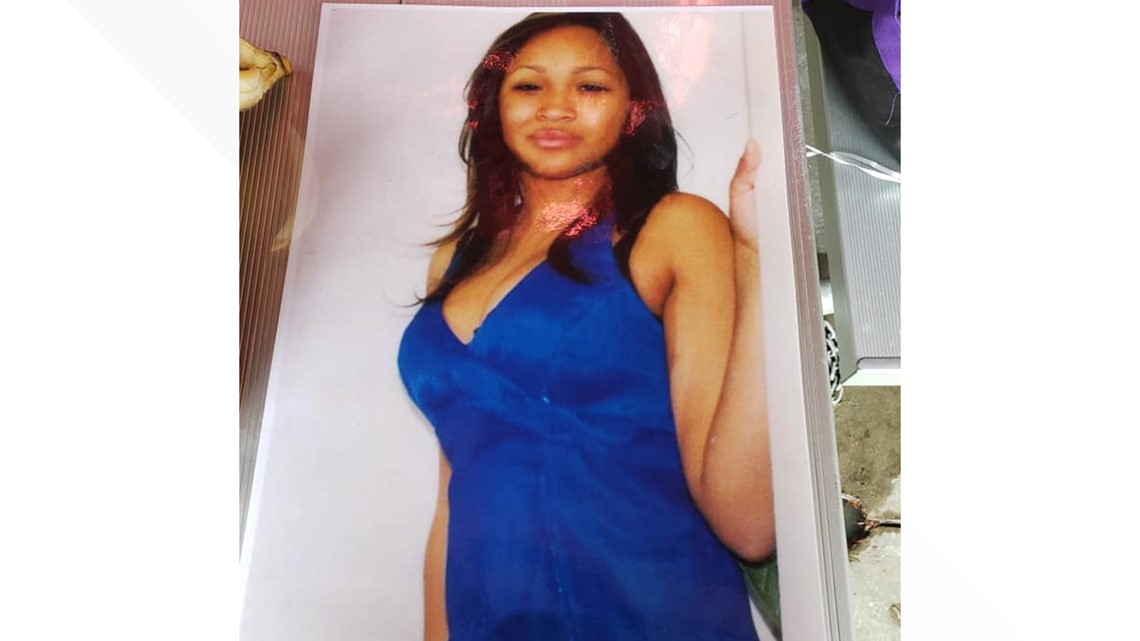
“It just hurts to know [that]," Russell said. "And this is why I say Native people fall through the gaps. It doesn't matter what she was doing in her life. She was still a citizen of your city. She was still somebody's mother, somebody's auntie, somebody's daughter.”
The attorney general’s office has already identified more than 100 cold cases involving Indigenous victims around the state.
The legislation that would create a statewide Indigenous cold case unit is waiting for a vote on the floor of the House of Representatives.
“This cold case needs to come through, man. That's our best hope right now,” said Russell.
The search for McLemore
Over the years, McLemore’s case has gotten national attention on CNN and People magazine. But Russell said there have been few serious leads, and for many years, minimal help from local police.
“A detective told me he doesn't have the manpower to take detectives from over here and put them on this old case over here," Russell said. "At that point, I drew out a board. This is where [the family] is going to search first. This is where we’re searching second and third. If you see us out there, leave us alone. And that’s what we did."
Wales said he’s not able to share information about every search he’s conducted, nor every lead he’s investigated. But he said he has responded to search locations when Russell calls him.
“It just comes down to time and resources," Wales said. "We're not in a position to say, ‘We checked here, we checked here, we checked here,’ because...notifying every place we don't find her is disappointing for everybody.”
That brought the family to Lake Fenwick Park in Kent. Four years ago, the family received a tip that McLemore’s remains were in the park.
“I would not sleep at night if I got one tip that I did not follow up, because then I can’t say I tried everything,” said Russell.
While searching, the family came across a deep abandoned well on the edge of the park property. At the bottom, they saw what appeared to be a tarp.

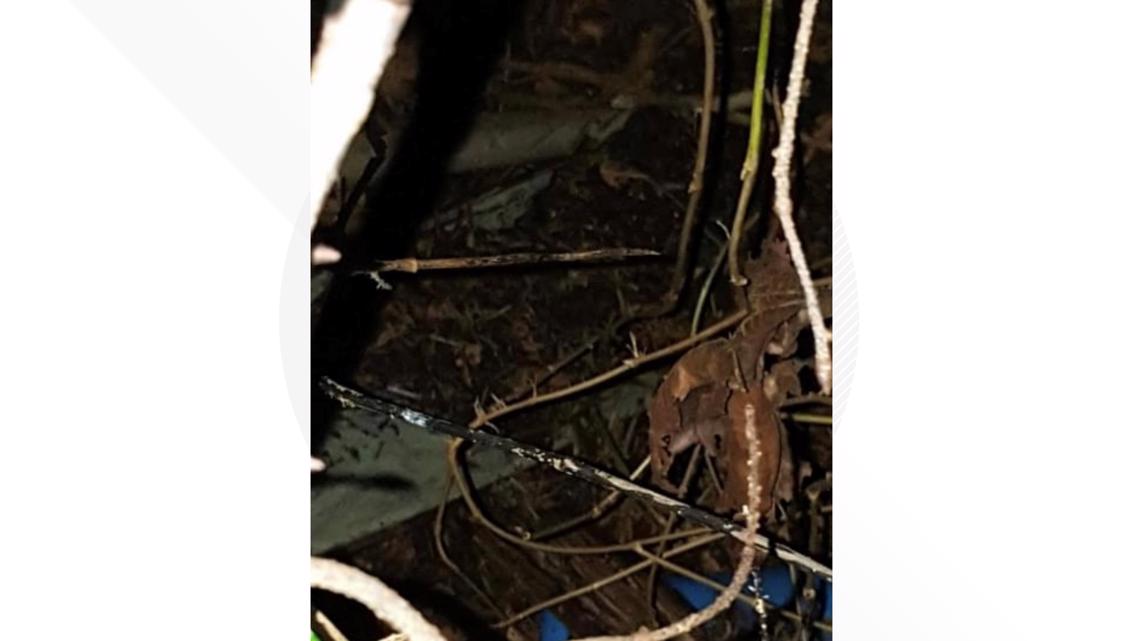
“I don't know what's under there and in my mind will always wonder until somebody does investigate it and says, ‘Nope, she wasn't there,’” said Russell.
Despite being notified about the exposed, abandoned well four years ago, Kent police never searched the well or took measures to cover it up as a safety hazard.
“We can't even get the city she's missing from to come and even take it serious. They've never sent a team out here,” said Russell.
KING 5 pushed Wales and the city to investigate and cover the well. Russell said it was a safety issue, pointing out that a child or a dog could get into it.

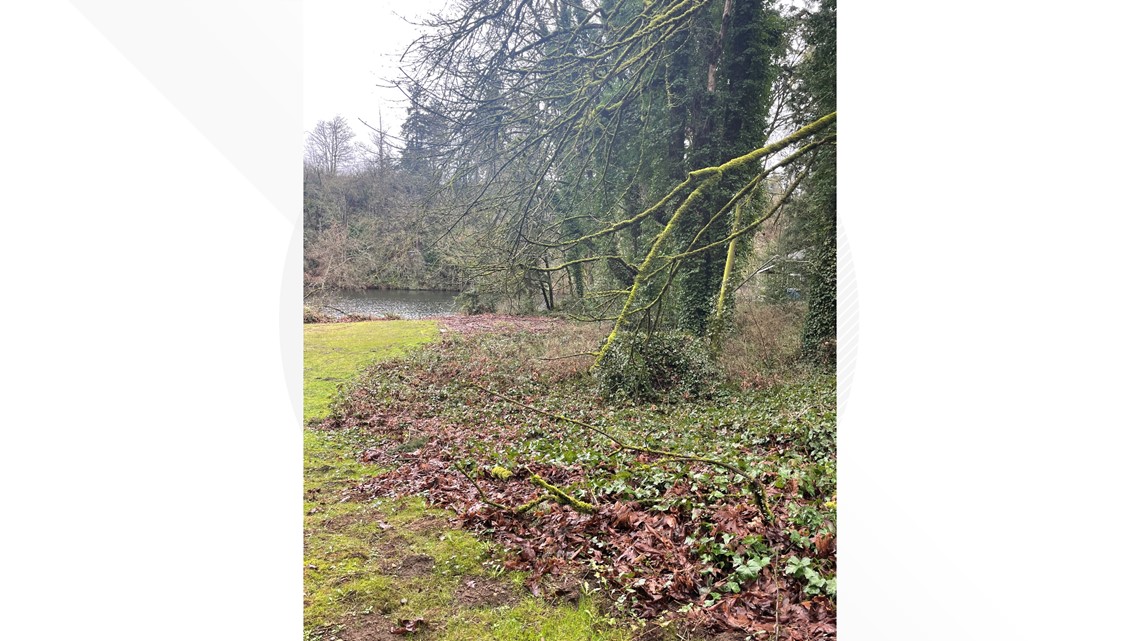
Wales said it comes down to time and resources.
“Based on the cellphone records, it's miles away from where even her cellphone would have been,” said Wales.
However, the day after KING 5 spoke to Wales, he and his partner went to investigate.
Wales and Kent Mayor Dana Ralph confirmed the well will be investigated, searched and eventually filled.
Meanwhile, life trudges on in McLemore’s absence. Her daughter is now 16 years old and helps in the search for her mom.
“She helped me make flyers," Russell said. "She decides what picture goes on the flyer. She picks out the little stickers and stuff.”

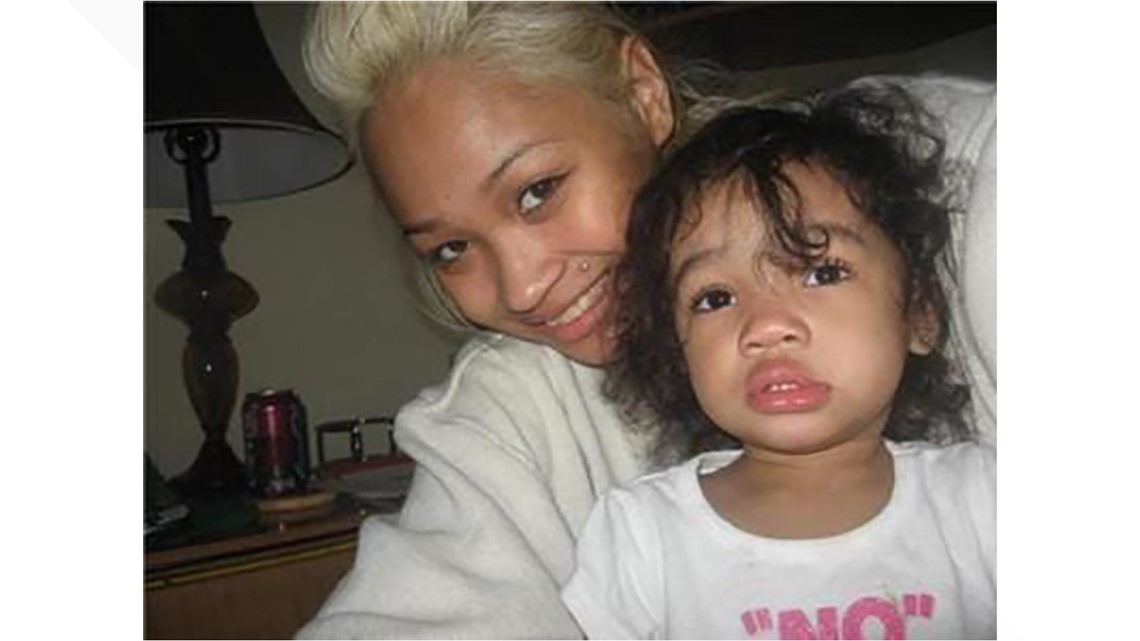
Russell hopes the burden of this horrible mystery doesn’t haunt McLemore’s daughter into adulthood.
“I don't want another family member in my family to die without answers," Russell said. "I don't want to die myself without answers. And the next generation has to pick up this search. I don't want her daughter out here looking for her. It's because that's going to be the only way that she's gonna find her. I mean, who else is looking besides us at this point?”
If you have any information about McLemore’s disappearance, contact Kent police at 253-856-5808 or email kpdtipline@kentwa.gov.

